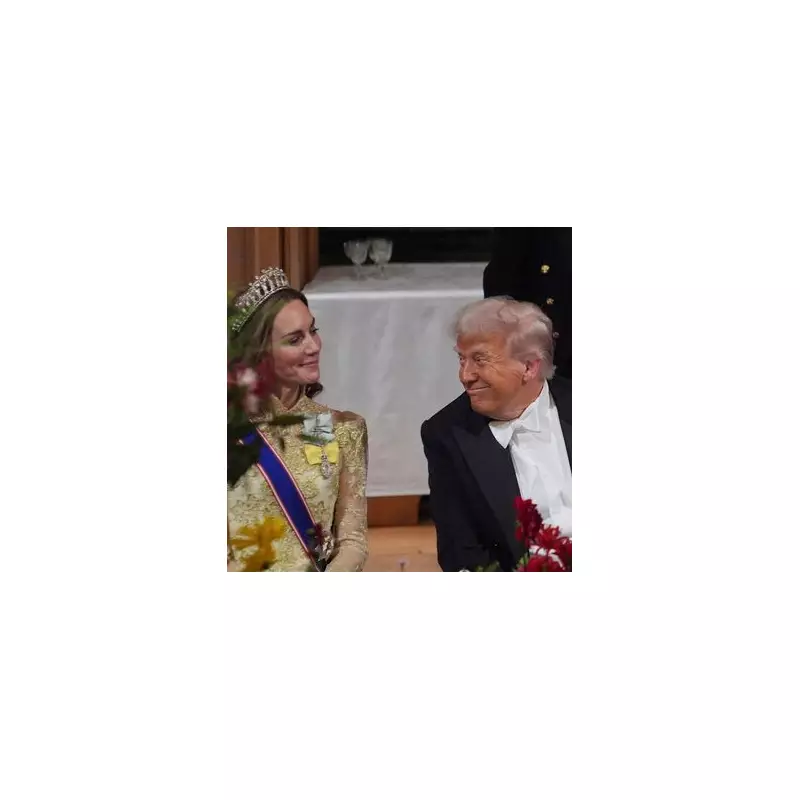
From a privileged position within a packed House of Lords, I witnessed a moment of profound historical transition. The atmosphere was thick with anticipation and an unspoken tension as King Charles III prepared to deliver his first King's Speech, a cornerstone of the British political calendar.
The grandeur of the occasion was undeniable. The Imperial State Crown was carried before His Majesty in a solemn procession, its jewels glittering under the ancient beams. The King himself cut a resolute figure, his voice clear and steady as he outlined the government's ambitious legislative agenda for the coming year.
Yet, beneath the pomp and centuries-old ritual, a palpable sense of strain was evident. This was not just a new monarch's debut; it was a ceremony conducted under the shadow of personal anguish. The conspicuous absence of Queen Camilla, who made the difficult decision to step back from her duties after contracting a respiratory infection, hung heavily in the air.
One could see the weight of the moment on the King's face. His usual warm demeanour was replaced by a focused solemnity. Each step, each word, seemed measured and carried the gravity of his new role. It was the performance of a lifetime, a masterful display of duty over personal concern, but the effort behind it was visible to those watching closely.
The event was a powerful testament to the resilience of the monarchy as an institution. The show, as they say, must go on. And it did, with impeccable precision and regal splendour. But for King Charles, this first State Opening was undoubtedly a bittersweet milestone—a triumphant constitutional duty performed alone, whilst his thoughts were surely with his recuperating wife and Queen.





